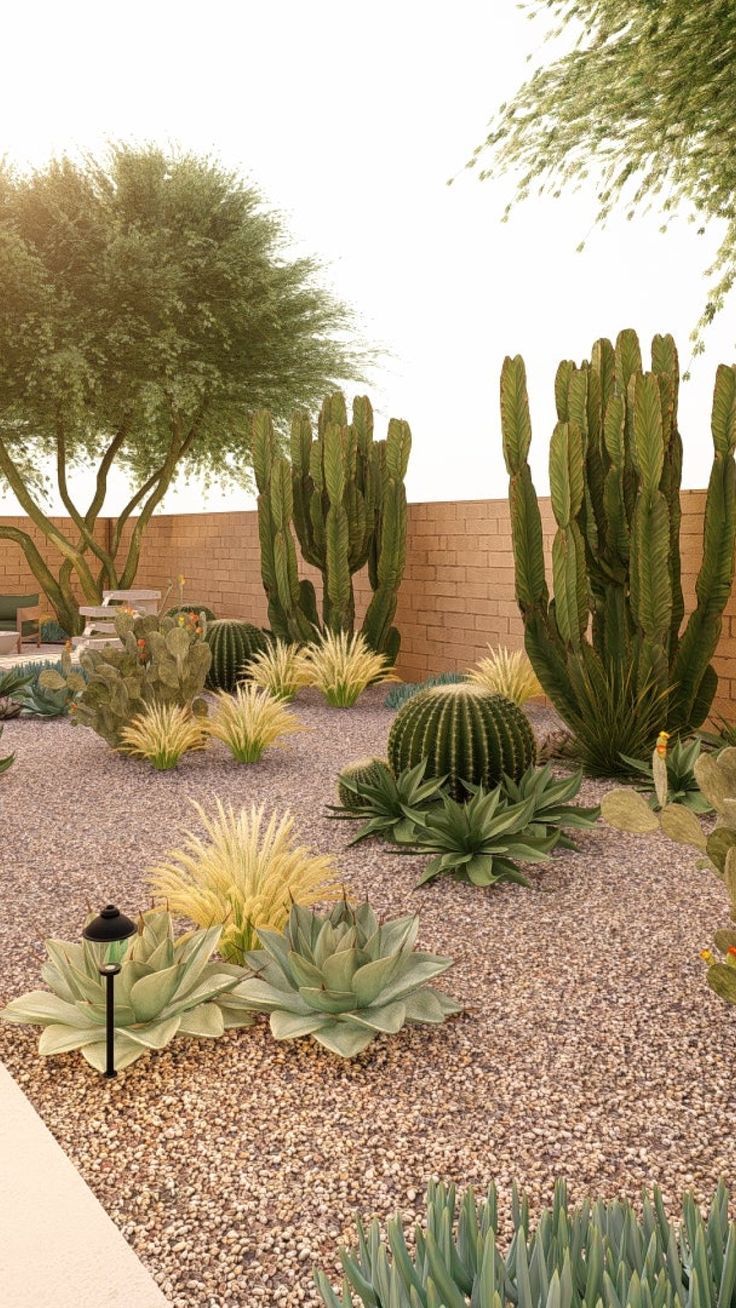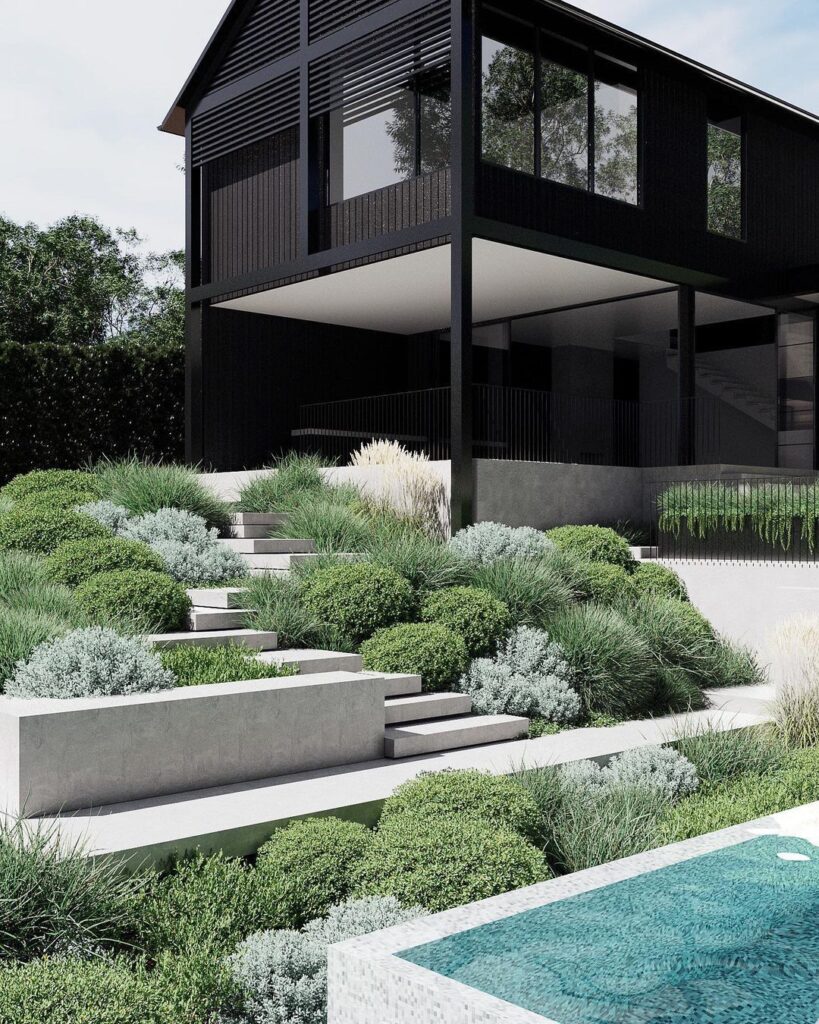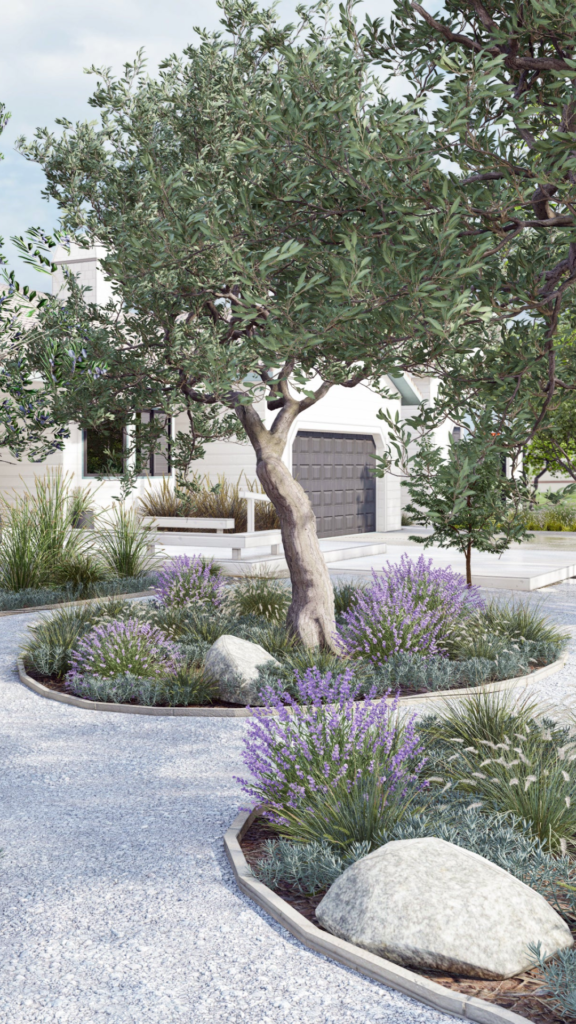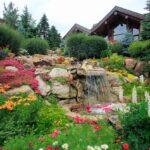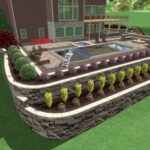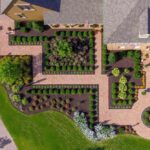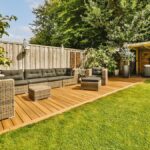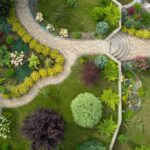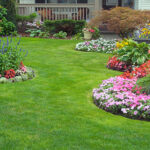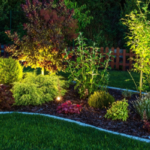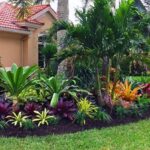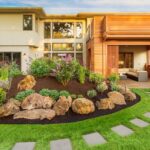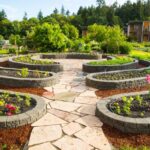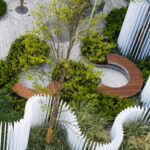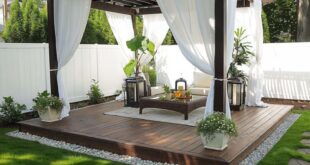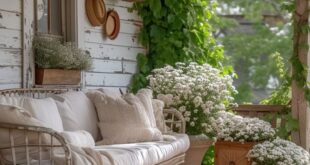Landscape design is an essential element in creating beautiful, functional outdoor spaces that enhance the overall appearance of a property. A well-designed landscape can elevate the aesthetics of a home or commercial space and improve the quality of life for those who frequent the area. From lush gardens to inviting pathways, there are endless possibilities when it comes to designing a landscape that suits your needs and preferences.
One key aspect of landscape design is the use of plants to create focal points and add texture and color to the outdoor space. By carefully selecting a mix of trees, shrubs, flowers, and grasses, a landscape designer can create a visually appealing and harmonious arrangement that complements the existing architecture and surroundings. Plants can also be strategically placed to provide privacy, shade, or highlight specific features of the landscape.
In addition to plants, hardscape elements such as patios, walkways, and retaining walls play an important role in landscape design. These features not only provide functional benefits, such as creating outdoor living spaces and improving accessibility, but also contribute to the overall aesthetic appeal of the landscape. The materials and design of hardscape elements can be customized to suit the style of the property and enhance the visual impact of the outdoor area.
Another important consideration in landscape design is the layout and flow of the outdoor space. Designers must carefully consider factors such as traffic patterns, focal points, and sight lines to create a cohesive and inviting landscape that is both functional and visually appealing. By carefully planning the placement of features such as seating areas, water features, and garden beds, designers can maximize the potential of the outdoor space and create a sense of harmony and balance.
The use of sustainable landscaping practices is also becoming increasingly popular in landscape design. By incorporating elements such as native plants, rain gardens, and permeable paving, designers can reduce water consumption, minimize runoff, and create a more environmentally friendly outdoor space. Sustainable landscaping not only benefits the environment but also helps to create a healthier and more resilient landscape that requires less maintenance and resources in the long run.
Overall, landscape design is a dynamic and creative process that requires careful planning, attention to detail, and a keen eye for aesthetics. Whether you are looking to create a serene garden retreat or an inviting outdoor entertaining space, working with a professional landscape designer can help you achieve your vision and transform your outdoor space into a beautiful and functional oasis.
